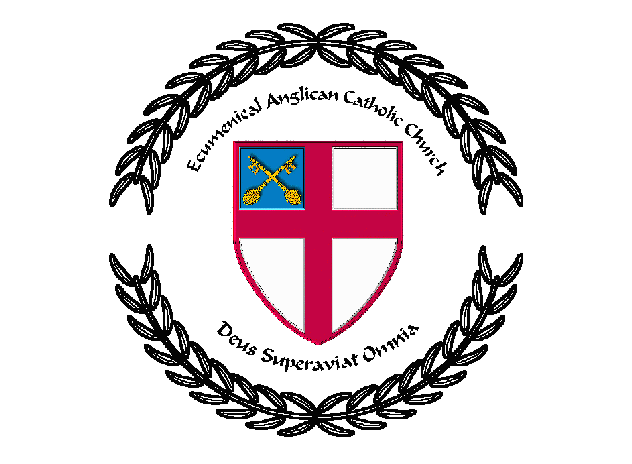

|
|
|
|
The name "Andrew" (Gr., andreia, manhood, or valour), like other Greek names, appears to have been common among the Jews from the second or third century B.C. St. Andrew, the Apostle, son of Jonah, or John (Matt., xvi, 17; John, i, 42), was born in Bethsaida of Galilee (John, i, 44). He was brother of Simon Peter (Matt., x, 2; John, i, 40). Both were fishermen (Matt., iv, 18; Mark, i, 16), and at the beginning of Our Lord's public life occupied the same house at Capharnaum (Mark, i, 21, 29). From the fourth Gospel we learn that Andrew was a disciple of the Baptist, whose testimony first led him and John the Evangelist to follow Jesus (John, i, 35-40). Andrew at once recognized Jesus as the Messias, and hastened to introduce Him to his brother, Peter, (John, i, 41). Thenceforth the two brothers were disciples of Christ. On a subsequent occasion, prior to the final call to the apostolate, they were called to a closer companionship, and then they left all things to follow Jesus (Luke, v, 11; Matt., iv, 19, 20; Mark, i, 17, 18). Finally Andrew was chosen to be one of the Twelve; and in the various lists of Apostles given in the New Testament (Matt., x, 2-4); Mark, iii, 16-19; Luke, vi, 14-16; Acts, i, 13) he is always numbered among the first four. The only other explicit reference to him in the Synoptists occurs in Mark, xiii, 3, where we are told he joined with Peter, James and John in putting the question that led to Our Lord's great eschatological discourse. In addition to this scanty information, we learn from the fourth Gospel that on the occasion of the miraculous feeding of the five thousand, it was Andrew who said: "There is a boy here who has five barley loaves and two fishes: but what are these among so many?" (John vi, 8, 9); and when, a few days before Our Lord's death, certain Greeks asked Philips that they might see Jesus, Philip referred the matter to Andrew as to one of greater authority, and then both told Christ (John, xii, 20-22). Like the majority of the Twelve, Andrew is not named in the Acts except in the list of the Apostles, where the order of the first four is Peter, John, James, Andrew; nor have the Epistles or the Apocalypse any mention of him. From what we know of the Apostles generally, we can, of course, supplement
somewhat these few details. As one of the Twelve, Andrew was admitted to the
closest familiarity with Our Lord during His public life; he was present at the
Last Supper; beheld the risen Lord; witnessed the Ascension; shared in the
graces and gifts of the first Pentecost, and helped, amid threats and
persecution, to establish the Faith in When the Apostles went forth to preach to the Nations, Andrew seems to have
taken an important part, but unfortunately we have no certainty as to the extent
or place of his labours. Eusebius (H.E. III:1), relying, apparently, upon Origen,
assigns St. Andrew's relics were translated from Patrae to -J. MACRORY The Catholic Encyclopedia, Volume I
|
|
Send mail to
|